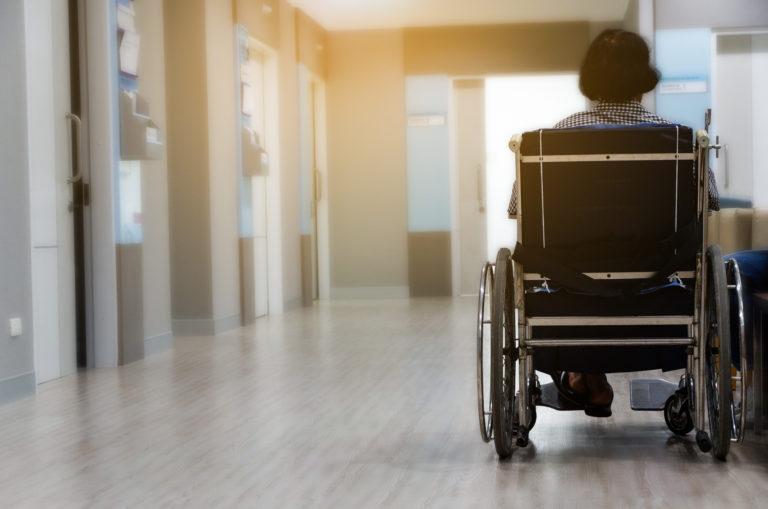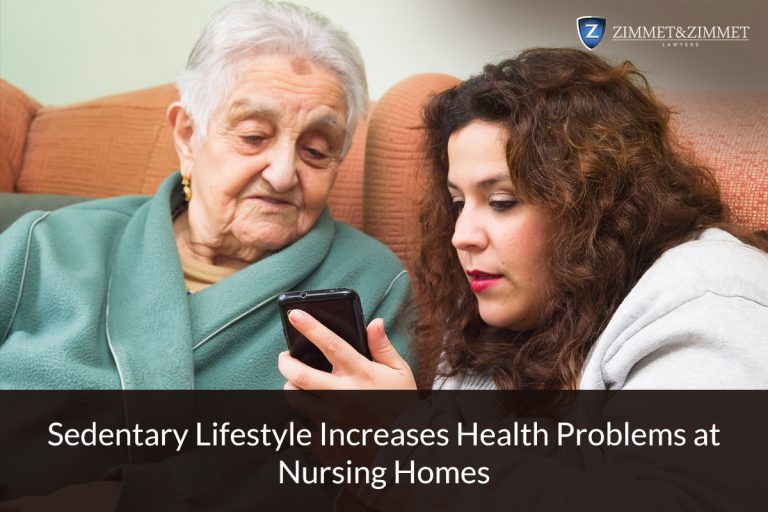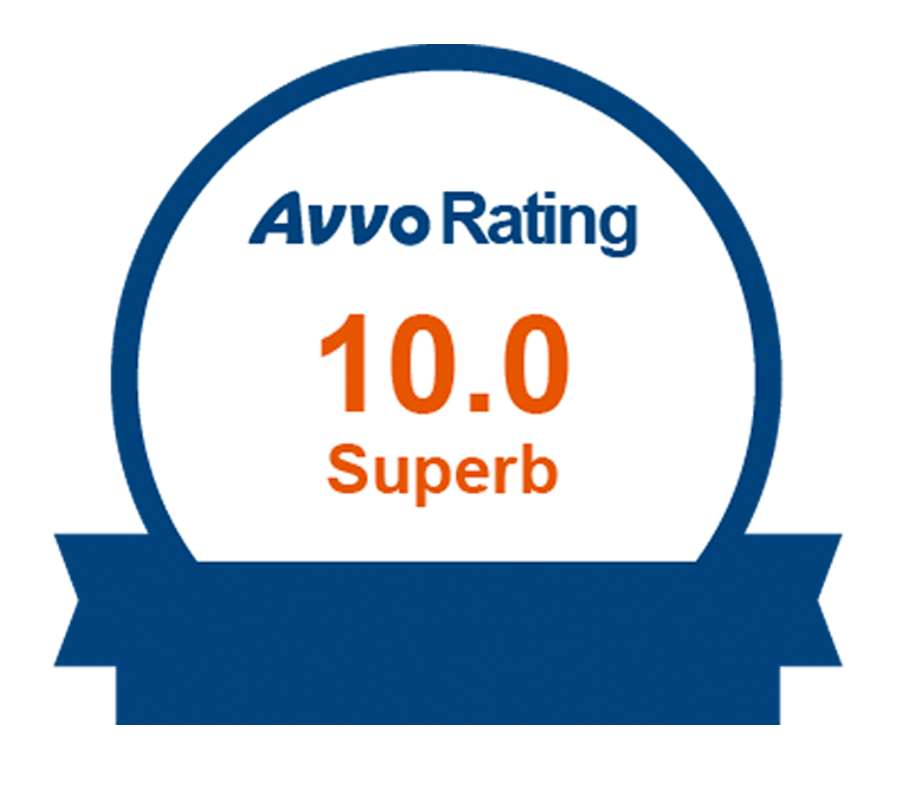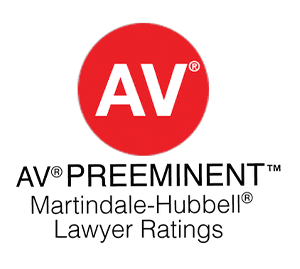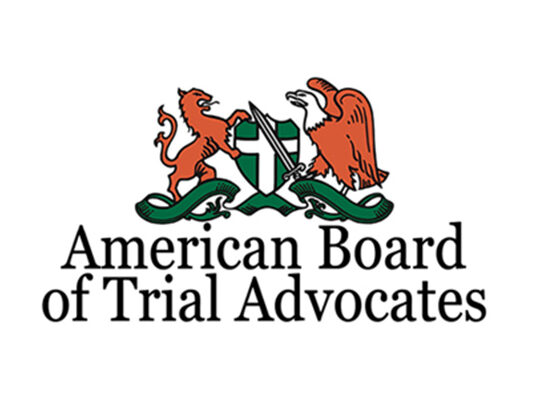M.D: You probably have Medicaid. Can it pay for assisted living, nursing homes, and home healthcare services?
In Florida, Medicaid offers different programs to help vulnerable people. These programs are intended to pay for an elderly person’s long-term care, whether it’s in an assisted living facility, at home, or in a nursing home. The specific programs helping pay for seniors’ home benefits and assisted living services are provided under the federal waiver, commonly known as Home and Community-Based Services.
These programs are generally grouped in accordance with the Statewide Medicaid Managed Care – healthcare (long-term) program. Generally, accessing Home and Community-Based Services (HCBS) Medicaid can be very challenging due to various reasons. Keep in mind that the funding for these programs enrolls a limited number of people due to financial constraints.
It is important to mention that the specific financial minimum requirements for accessing long-term healthcare Medicaid are the same regardless of whether the patient requires assisted living care, nursing home services, or home health care services.
On the other hand, accessing long-term care Medicaid depends on where the elderly person is located at the time of Medicaid application. If the patient is in a nursing home and is eligible financially, he or she will be accepted into the Medicaid program. But if the patient is at home or at an assisted living facility, there is a waitlist intended to access this program no matter the applicant’s financial status.
Generally, it can take the waitlist months or even years to get through. This is because it is usually based on helping the neediest first. Therefore, moving a senior into an assisted living facility and expecting Medicaid benefits isn’t a good option because you can never be sure when these benefits will be available regardless of the senior’s assets and income.
How to bypass the assisted living waitlist
One of the best ways to bypass the assisted living waitlist and get timely Medicaid benefits is through the 60-day waiting period when the senior is still in a nursing home. You can take advantage of this opportunity to submit your application and get Medicaid benefits. Later, you can transition the patient or senior to an assisted living facility with Medicaid’s monetary assistance.
Sure, this process is time-consuming and tricky. But if your elderly relative or friend is getting rehabilitation in a reliable nursing home, this is the right time to submit the necessary application and get Medicaid benefits for him or her.
Getting Medicaid at home
The primary objective of HCBS Medicaid is to help keep people out of nursing homes so that benefits are offered at home. However, unless there is a full-time home caretaker, Medicaid benefits may not be sufficient to stay at home, even with Medicaid offering some financial assistance. In most cases, Medicaid provides about 3 hours of home-based care workers daily. That’s approximately 18 hours every week.
Consult with an attorney
Even when the senior’s assets or income are above the minimum requirement ($2,000 in assets for one person), an experienced Nursing Home lawyer can help analyze the circumstances of your case and help you make the right choices.




